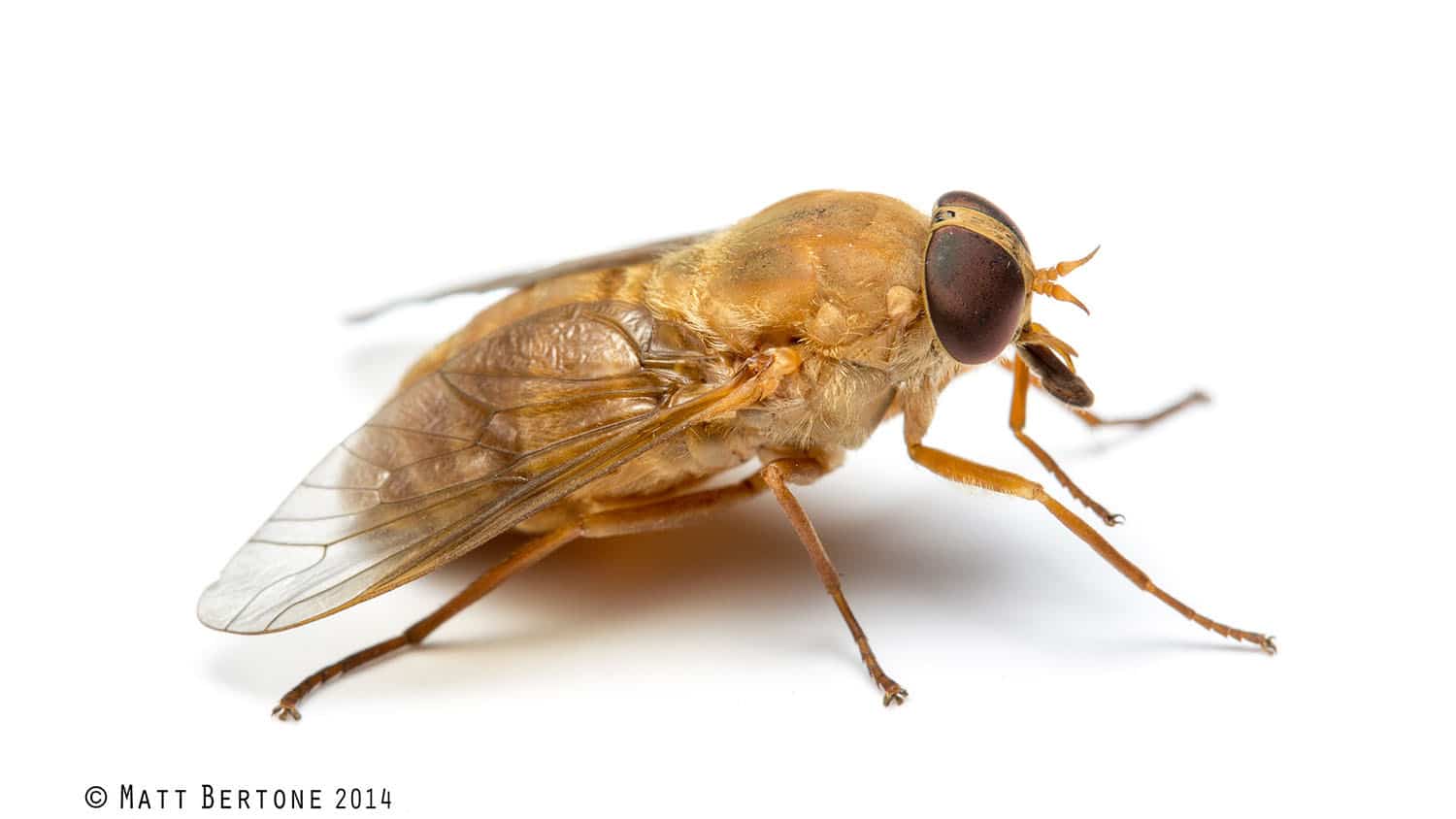Food Fables: Learning Food Safety From Unhappy Endings

Stories have long been used to teach people about the consequences of their actions – just ask Aesop. A new study finds that storytelling is also a critical component when it comes to teaching kitchen workers the importance of food-safety practices – and hopefully saving lives.
But the researchers behind this study are telling stories about actual food-illness outbreaks, not manufacturing fables about fictional characters. “We found that kitchen staff are more likely to notice, read and retain food-safety information when it is couched in a narrative describing what contributed to an outbreak, and the consequences of that outbreak,” says Dr. Ben Chapman, a food safety researcher at NC State and lead author of the study. For example, Chapman says, “Kitchen workers are more likely to respond to stories about restaurants closing or children dying, than they are to a poster telling them to wash their hands.”
In other words, being able to tell people about actual food-illness outbreaks, and their consequences, is much more powerful than telling them about theoretical food-safety concepts. “Stories work,” Chapman says. “Particularly if you back them up with facts.”
Other tips for communicating food safety effectively include generating surprise (e.g., using trivia or shocking photos); putting information into the context of people’s everyday behavior; and creating dialogue within your audience (i.e., finding a way to encourage the kitchen staff to talk about it the information).
The study is published in the November issue of the British Food Journal, and was co-authored by Dr. Tanya MacLaurin of the University of Guelph and Dr. Doug Powell of Kansas State University.
Let’s hope the lessons from this study are put into use soon, since previous research found some pretty questionable food-safety behavior by kitchen staff – and nobody wants a dangerous kitchen.
- Categories:


